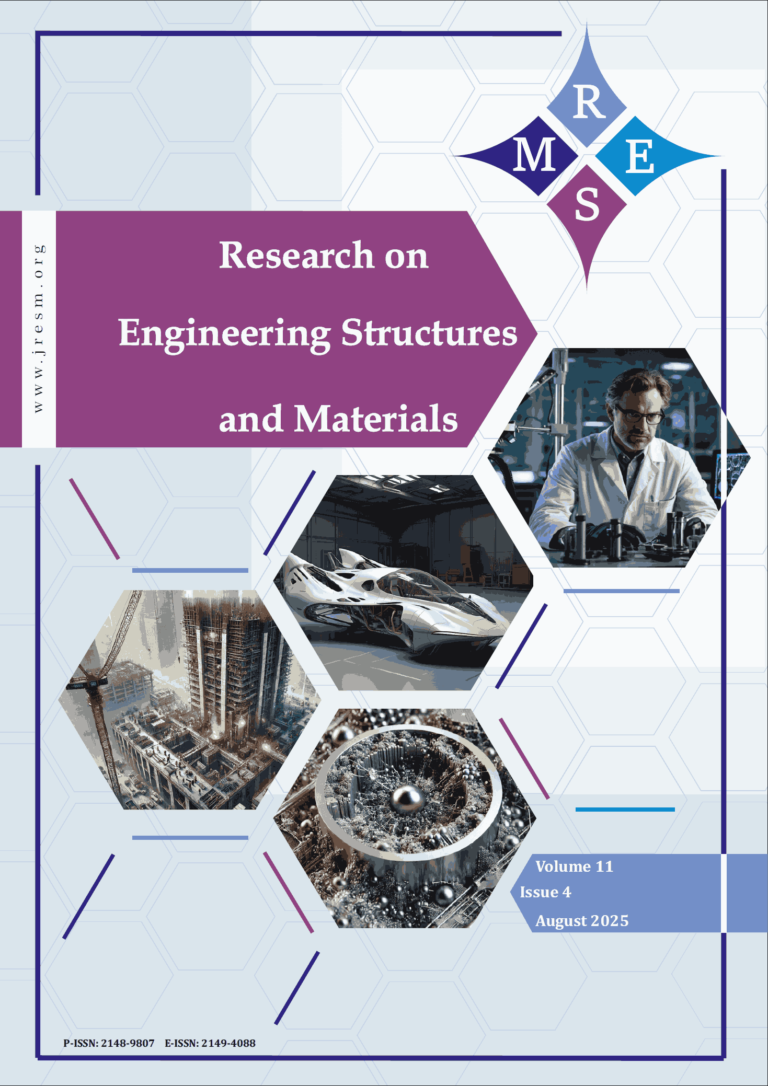This study examines the impact of different grading methods for manufactured sand (M-sand) on the mechanical and durability characteristics of self-compacting concrete (SCC). A detailed experimental program was designed to assess the mechanical and durability properties of SCC containing M-sand processed through two different grading techniques, air-graded M-sand (AGMS) and wet-graded M-sand (WGMS) in comparison with river sand (RS). AGMS & WGMS are used to replace RS in the proportion of 0%, 25%, 50%, 75% & 100%, and the mechanical and durability properties of the concrete have been evaluated. The findings reveal that the grading method has a notable influence on SCC performance. This study also examined the relationship between various durability properties like RCPT, water absorption and porosity using MATLAB. It was observed that AGMS and WGMS increased the compressive strength of M20 SCC by 29% and 14%, respectively. In M40 and M70 mixes, AGMS led to 14% and 13% increase, while WGMS resulted in 9% and 4%. Tensile strength improved by 26%, 25%, and 28% with AGMS, and 22%, 13%, and 26% with WGMS in M20, M40, and M70 mixes, respectively. The M70 grade SCC with AGMS shows the highest resistance to acid attack with 2.54% and 5.50 % weight loss and 3.41% and 6.59 % strength loss for 2% and 5% dilution respectively. The M20 grade SCC with RS shows the least resistance to sulphate attack with 4.43% weight loss and 10.85 % strength loss, while M70 grade SCC with AGMS shows the highest resistance to sulphate attack with 1.06% weight loss and 1.66 % strength loss. Across all SCC grades, AGMS reduced water absorption, porosity, permeability, and charge passed by 40%, 37%, 36%, and 33%, respectively, while WGMS achieved reductions of 20%, 18%, 31%, and 21%, relative to RS. This research concludes that the appropriate selection and grading of M-sand are critical to achieving high-strength, durable SCC.
